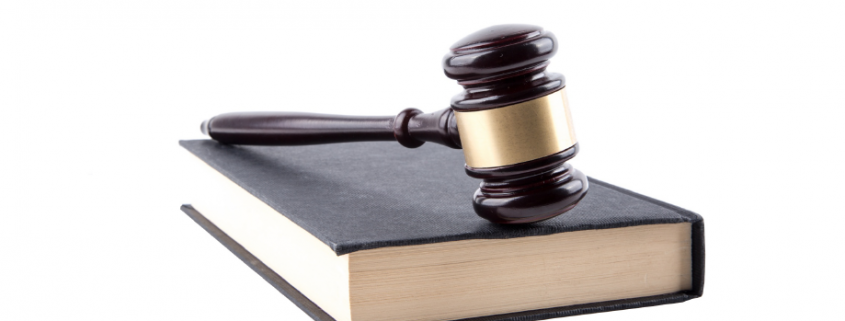Disputing a Tax Assessment
by Ali Naeem, Counsel
The main concern of any business these days is whether it has fully complied with the tax laws. Consequences of non-compliance can cost a lot in terms of money and other productive resources of the business. This is why it’s critical to understand what follows after the tax authority commences an audit. It is also important to be fully aware of the procedures and rules once an audit is ongoing and after the conclusion of the audit, especially if you have been issued with a tax assessment.
In this blog post, I’ll bring to your attention, some important considerations when dealing with an audit and a subsequent assessment.
When the MIRA commences an audit, you should expect the auditors to have sent an ‘Audit Notice’ to you right before the commencement of any and every audit, as they required as such by law. Once the audit has commenced, you have certain rights, including a right to legal representation, and be afforded the time requirements stipulated in tax laws to submit the information and documents to MIRA.
Commenting on a Draft Audit Report
More often than not, you will be provided with a draft Audit report prior to the conclusion of the audit. You need to utilize this opportunity to comment on apparent mistakes and misunderstandings of the tax auditors. The auditors would usually be willing to correct any mistakes made during this stage and it is always best to support your claims and basis with the relevant documentation. Any documents not produced during the audit may not be accepted when you finally file an objection on the matter.
Filing an Objection
Once you have made comments to the draft Audit Report, the auditor will issue you a final Audit Report and a Notice of Tax Assessment. If your comments to the draft report were not considered, or you wish to dispute the assessment on any reasonable basis, you can formally file an objection to MIRA. This is the first step towards formally disputing an assessment and without going through this process, you cannot proceed with an Appeal at the Tax Appeal Tribunal or the Courts of the Maldives.
The 30-day period
The objection must be filed within 30 (thirty) days from the date of the audit report. Any objections made after this date not will be accepted and the outcome of the audit would be finalized. You will not, generally, be able to contest against the assessment once the 30-day period has lapsed. Public holidays are excluded when counting this period.
Use the Specified Form
You must use the specified form – MIRA 903 (Notice of Objection) – when you file any objection against a tax assessment. Often, prior to an objection, letters and emails are exchanged with the auditors and is left for the auditor to amend the assessment, assuming that the matter has properly been contended against. However, if you intend to take the matters any further (i.e if you wish to appeal the decision at a later stage) you must use the MIRA 903 when filing an objection. You must include all your legal and technical arguments to support your claim that the assessment, or a part of the assessment, is incorrect.
The above applies to all objections with respect to assessments or audits. The law is not clear on the procedures to follow if the contention relates to other administrative decision not being a decision originating from an assessment.
Fines will accrue
A usual misconception is that fines corresponding to the assessed tax will stop when you file an objection. The fines and interest will continue to accrue until the payments are made even if you have duly filed an objection. It might be advantageous if you settle the payments even if you intend to take the matter further to appeal. You are not obliged to make the payment at this stage.
Objection Review Report
Once the MIRA has reviewed your objection, you will be issued with their decision in the form of an Objection Review Report. The outcome of an objection will be to allow your objection in full, or in part, or disallow it. This report will also give details of the reasons why the MIRA made the decision to allow or disallow your objection.
There is no time limit imposed on the MIRA to make a determination on your objection. As such, it can take months for them to make a decision.
Filing an Appeal
Appeal within 30 days
If you are unsatisfied with the outcome your objection, the next step would be to file an appeal with the Tax Appeal Tribunal. The appeal will only be accepted if it is filed within 30 (thirty) days from the date of the Objection Review Report. Public holidays are excluded in counting the 30 (thirty) day period.
Requirement to pay
It is a strict requirement that the assessed tax and fines and all other taxes, fees and other amounts payable to the MIRA be settled before you file an appeal to the Tax Appeal Tribunal. This being the case, the amounts you need to settle may not even be related to the audit or assessment in question.
If you are successful with your appeal, the assessed tax you paid would be refunded to you. The refund could be in the form of a credit to your account if it is not paid back to you in cash or equivalent.
It is important to be aware of your rights when you contest against a tax assessment. It is also equally important seek professional advice when dealing with disputes.



